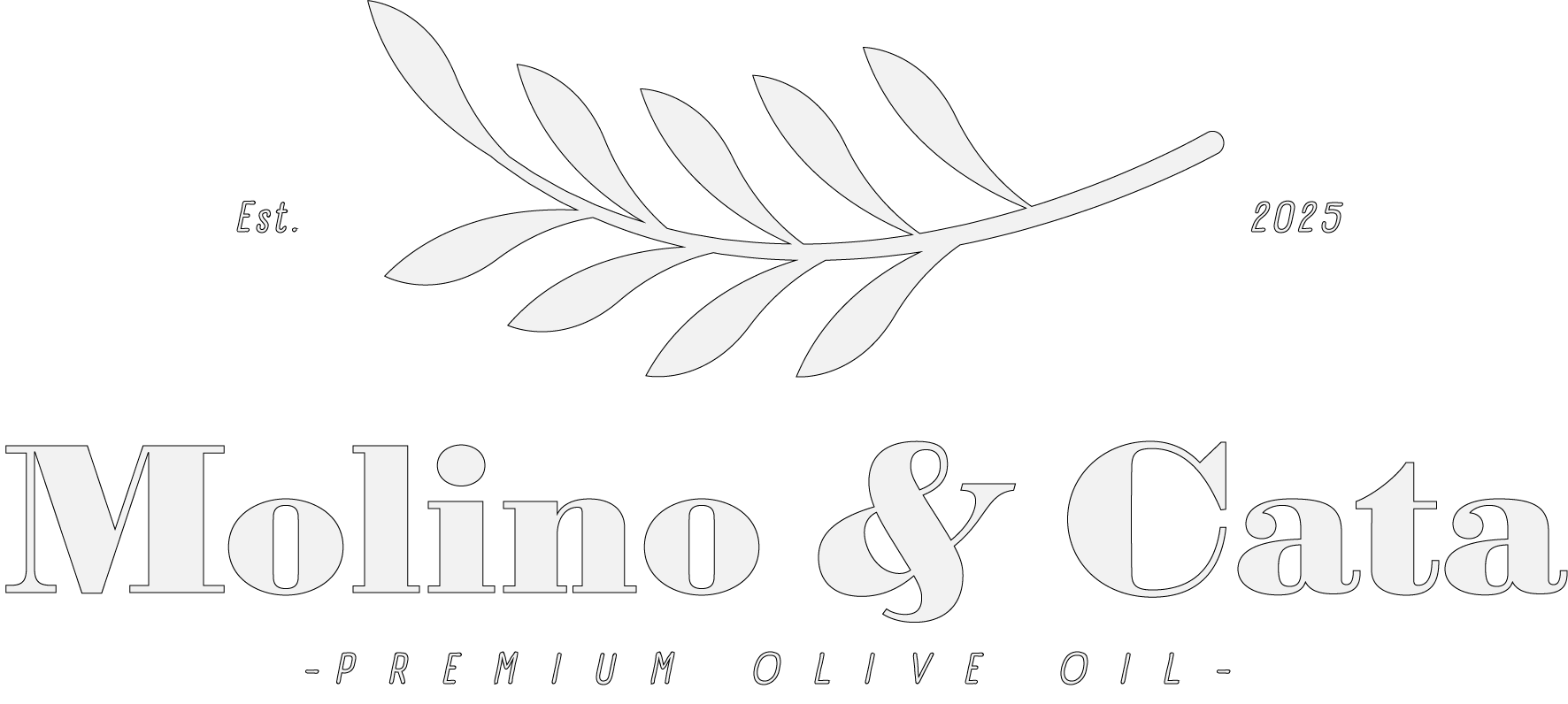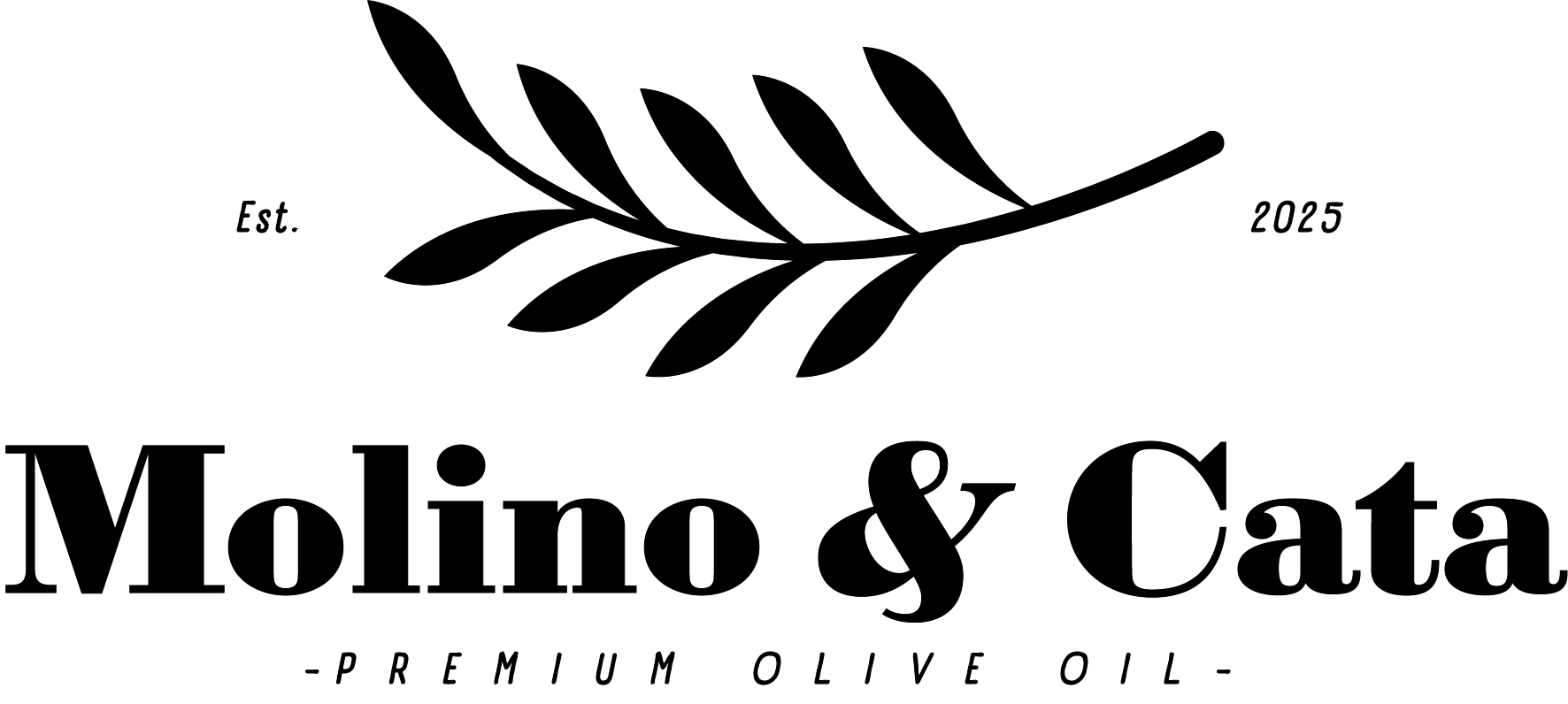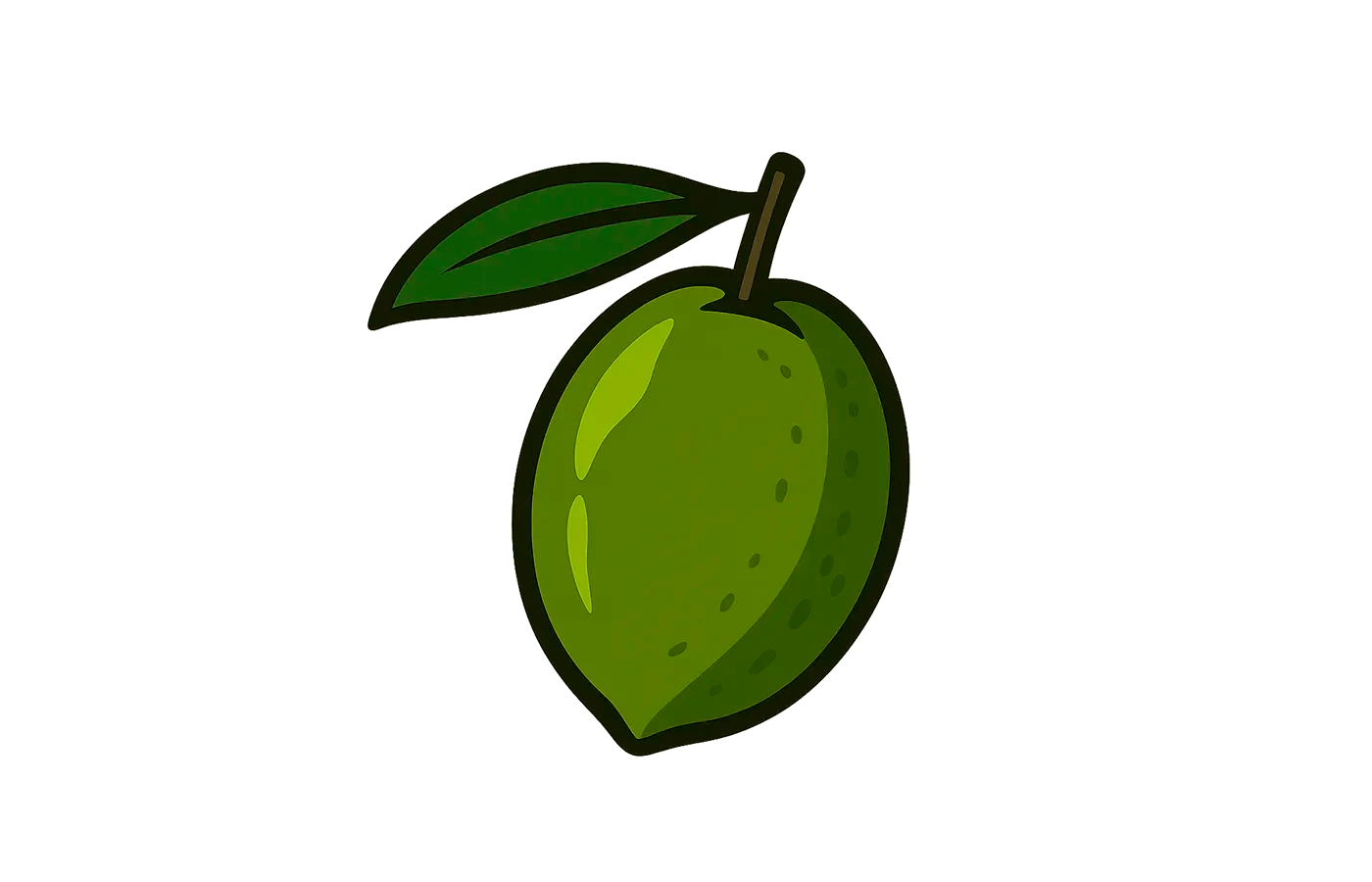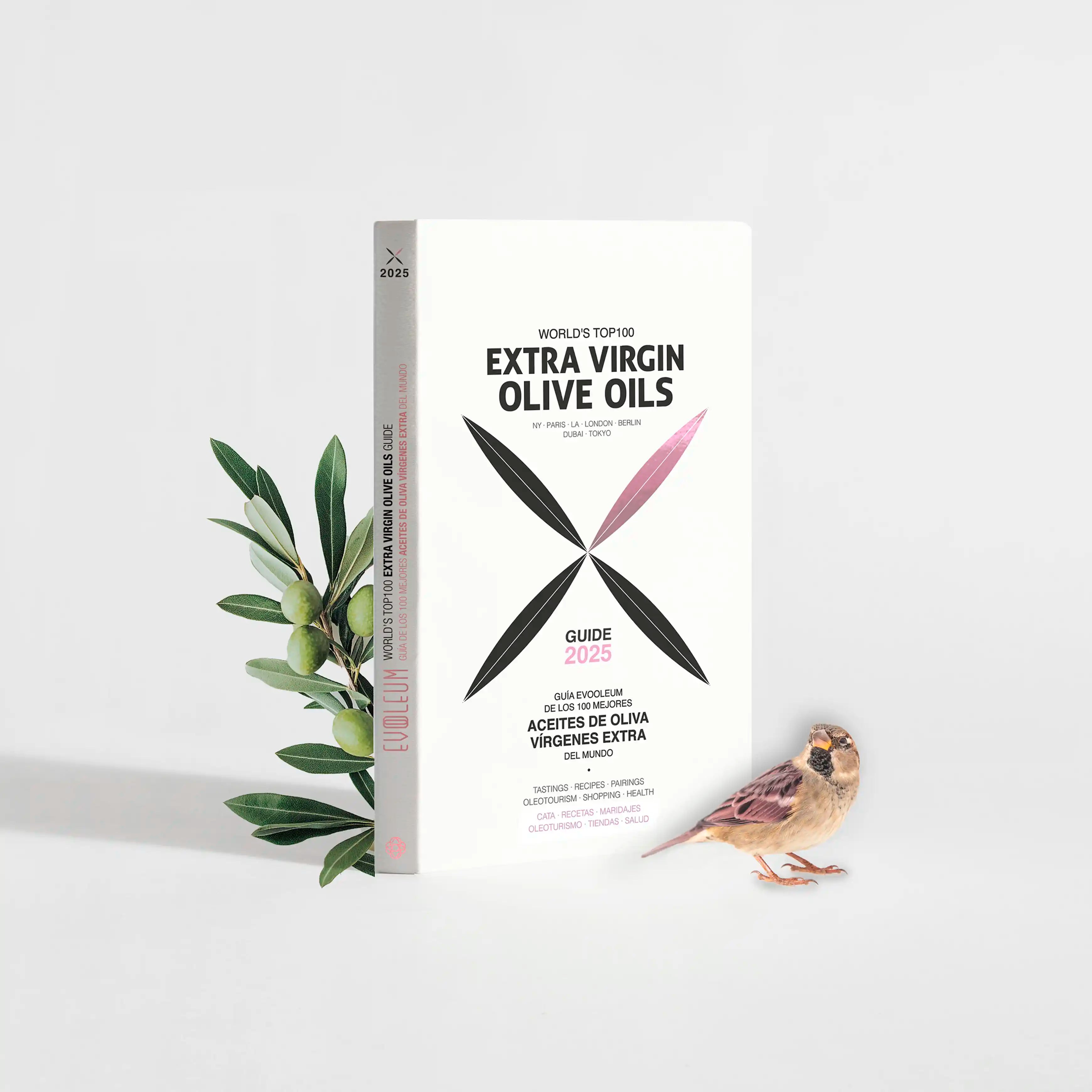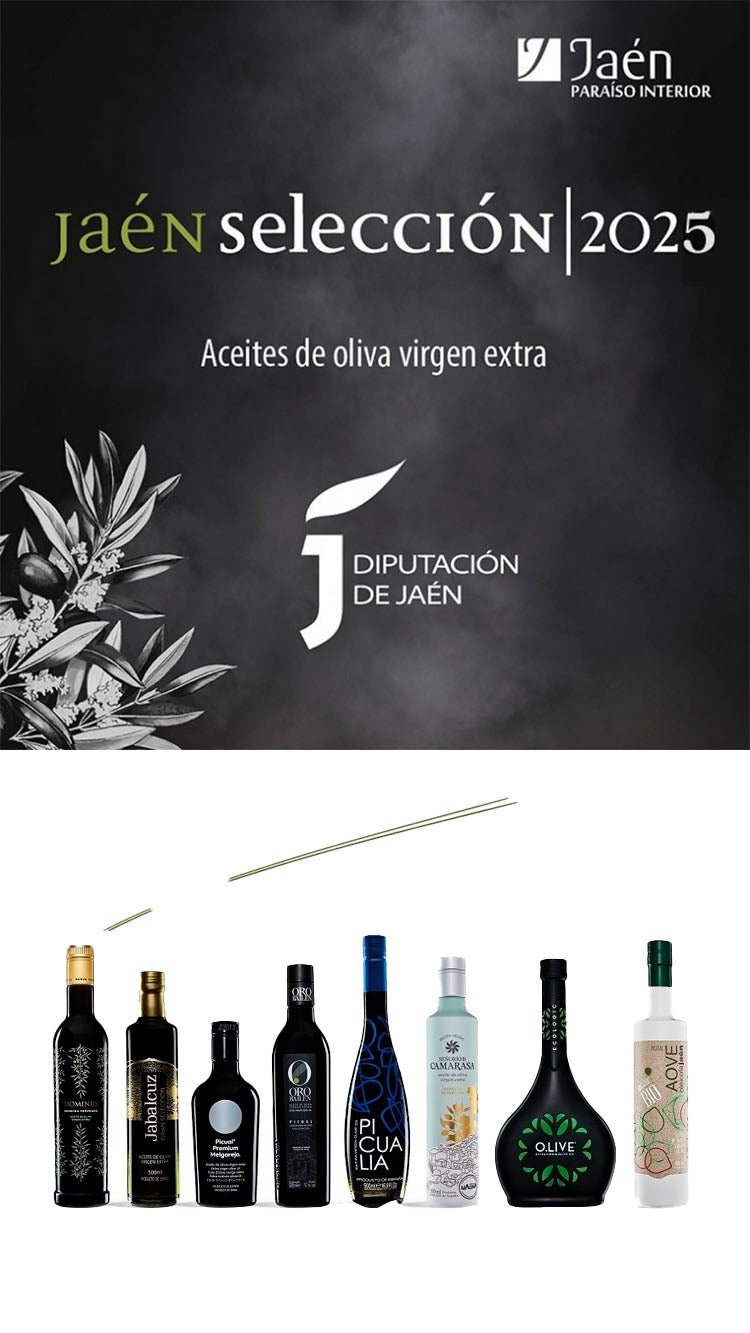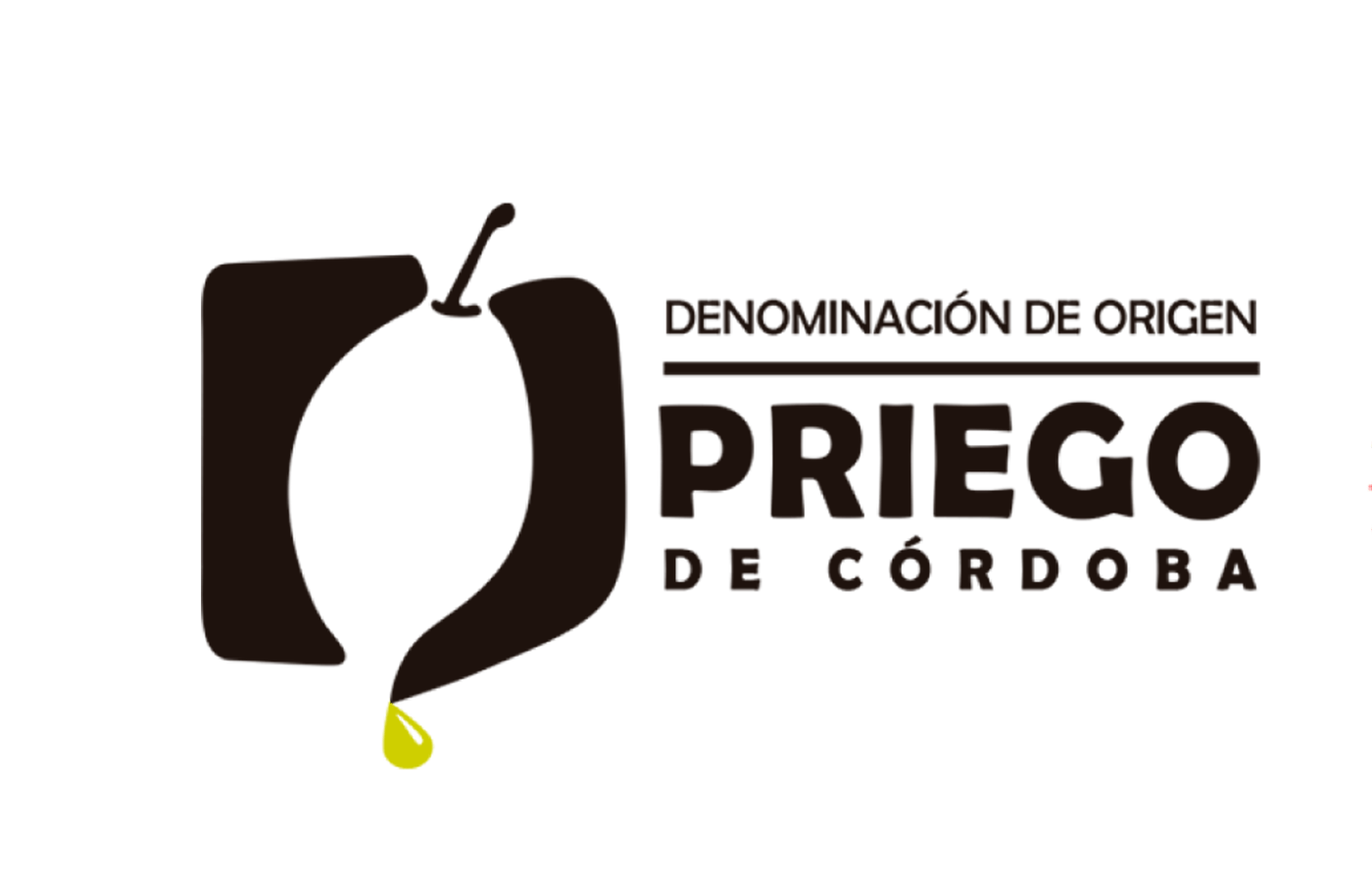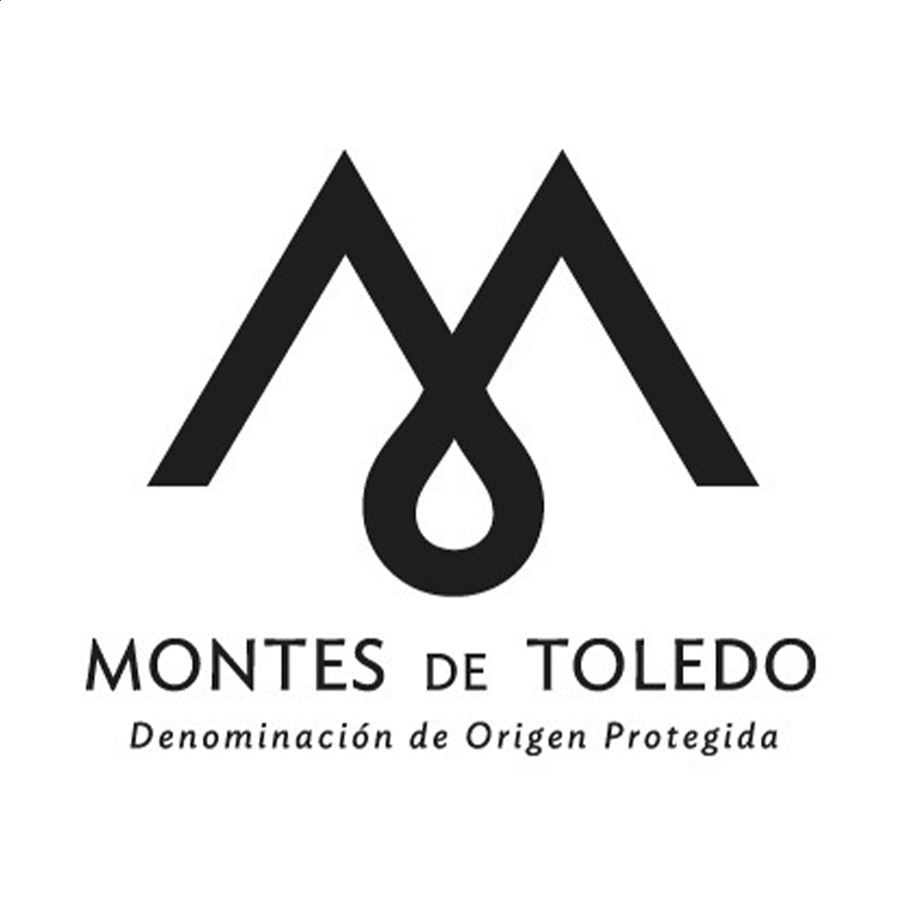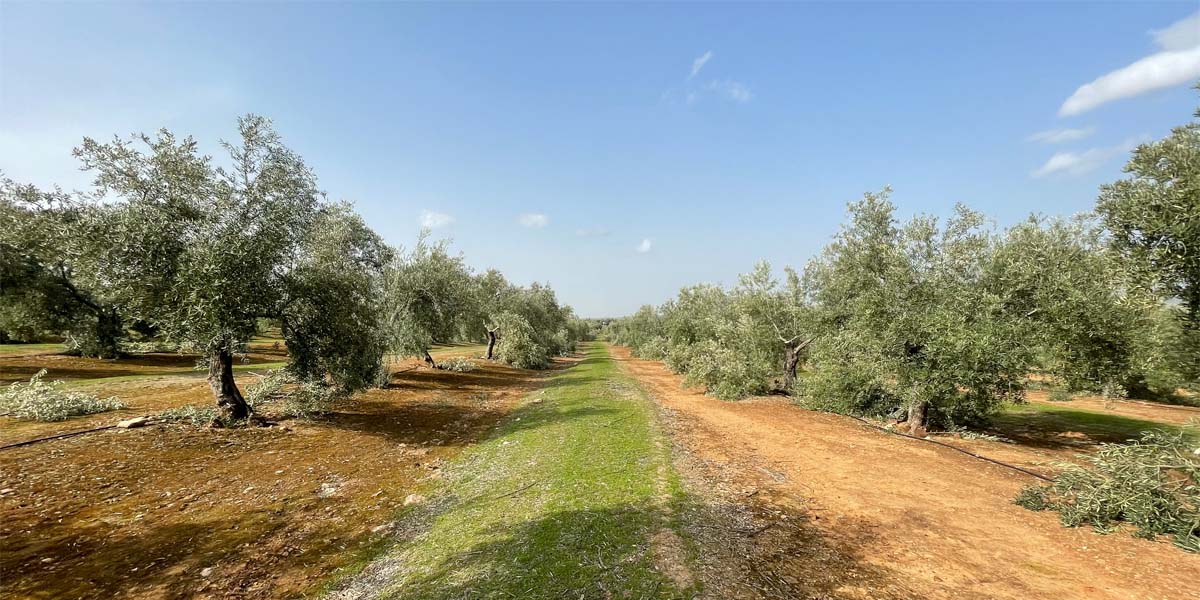
Organic Extra Virgin Olive Oil Characteristics
Today, the choice between organic and conventional Extra Virgin Olive Oil (EVOO) is increasingly common among consumers concerned about health and the environment.
Both types share fundamental qualities, such as being produced exclusively by mechanical processes and adhering to a maximum permitted acidity level of 0.8%, as required by law.
However, they differ significantly in cultivation methods, environmental impact, nutritional benefits, and sensory characteristics.
Organic Cultivation Methods
Organic Extra Virgin Olive Oil is produced following strict regulations set by official certifications, prohibiting the use of pesticides, chemical fertilizers, and herbicides.
This method respects biodiversity and promotes the conservation of agricultural ecosystems through sustainable practices such as organic composting, vegetation cover in olive groves, and biological pest control techniques.
In contrast, conventional Extra Virgin Olive Oil allows moderate use of authorized chemical products, potentially impacting the environment and leaving minimal residues in the final product.
Although these residues typically fall within safe limits set by health authorities, some consumers prefer to avoid them altogether for ethical, environmental, or personal reasons.
Nutritional Differences
From a nutritional standpoint, both types of olive oil are very similar, providing heart-healthy monounsaturated fats, antioxidants, and vitamin E.
However, some studies suggest organic olive oils might contain higher concentrations of polyphenols—antioxidant compounds associated with numerous health benefits—due to the natural stress experienced by untreated olive trees.
This might offer organic olive oils a slight nutritional advantage over conventional ones.
Regarding sensory properties, some experts and consumers believe organic olive oils offer purer, more authentic flavors and aromas, better reflecting the unique soil and climatic conditions of the olive groves.
On the other hand, carefully crafted conventional early-harvest olive oils can also achieve high sensory standards, though their profiles might be less complex due to the routine use of chemical fertilizers that accelerate and standardize fruit growth.
In our tasting experience, organic olive oils typically display a more intense and robust profile than conventionally farmed oils. Moreover, maintaining consistency from one harvest to the next is more challenging.
Three Studies on Organic Extra Virgin Olive Oil
A pioneering study by the Andalusian Institute of Agricultural and Fisheries Research and Training (IFAPA) demonstrated that organic olive oils have a significantly superior nutritional profile compared to their conventional counterparts. According to their findings, organic olive oil contained notably higher levels of key antioxidants: 31% more hydroxytyrosol, 18% more flavonoids, and 31% more phenolic acids. This increase is attributed to the olive tree's natural defense responses in the absence of chemical treatments, enhancing health benefits for consumers.
Between 2018 and 2020, the European ExtraOil project developed an innovative eco-friendly extraction technology specifically designed for organic olive oils. This method combined a high-pressure pro-reactor with a vertical centrifuge, improving extraction efficiency and increasing polyphenol concentrations in the final oil by up to 40%. Olive Oil Times reported these results, highlighting oleocanthal and other polyphenolic compounds’ exceptional antioxidant properties, which could protect against various diseases, including cancer.
Additionally, a longitudinal study conducted between 2017 and 2025 by researchers at the University of Athens revealed that organic oils made from the Cornicabra variety contain high levels of oleocanthal, a phenolic compound known for its anti-inflammatory and anticancer properties. This compound exhibited selective activity against cancer cells in vitro, suggesting promising therapeutic potential and potentially revolutionizing its application in nutrition and preventive medicine.
Economic Sustainability and Price
Organic olive oil typically carries a higher price due to increased labor costs, reduced yields, and rigorous certification standards.
This premium price may be a barrier for some consumers, yet it also reflects an agricultural model supporting rural conservation and local economies.
When purchasing organic olive oil, it's essential to look for recognized official certifications, such as the European Organic Seal, which guarantee authenticity and quality.
Additionally, it's advisable to check the harvest date to ensure freshness and optimize nutritional benefits.
Ultimately, choosing between organic and conventional olive oil largely depends on personal priorities.
Those who especially value environmental protection, biodiversity, and agricultural sustainability might prefer organic options, while those seeking a more economical choice without sacrificing quality entirely could opt for conventional.
Both choices can provide substantial benefits when meeting the high-quality standards that distinguish authentic Extra Virgin Olive Oil from ordinary Virgin Olive Oils.
Regardless of the final decision, regularly incorporating EVOO into your diet is beneficial and health-promoting. Finally, proper storage is essential to preserve the oil’s healthy properties, as poorly stored olive oil quickly loses its antioxidants.
Author: Jerónimo Palacios, Co-founder of Molino y Cata, specialty Extra Virgin Olive Oil store
Expert review: Mercedes Uceda, Biologist, Expert in Olive Oil Tasting from the University of Jaén. Lecturer at the University of Jaén and the International University of Andalusia.
Last reviewed: August 2025
Share
